As a full-stack developer with a passion for design, simplicity and scalability are key parts of my software engineering philosophy.
Jun 2020 - Sep 2021
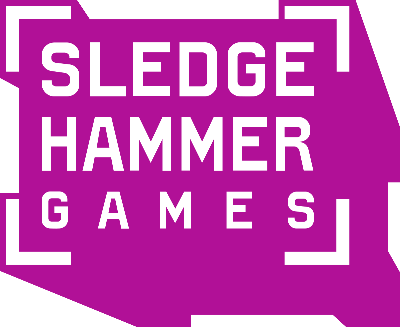
I worked on the single-player campaign for Call of Duty: Vanguard, the top-grossing game of 2021. I was offered to extend my summer internship into full-time employment, so I worked on the game up until its launch, triaging critical bugs across several different gameplay systems. One of my many projects included building a system to allow for physics-based objects to behave correctly while on top of moving platforms, which was essential to the train sequence in the game's opening level.
Summer 2019
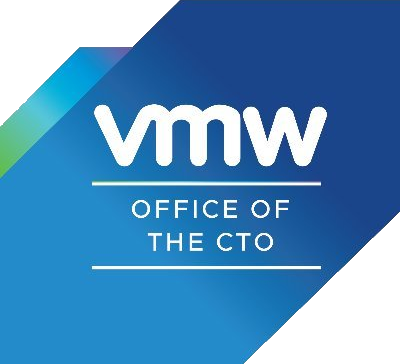
I worked on an innovation project within VMWare to build an enterprise platform for Virtual Reality apps. I built a Unity framework that allowed the same training simulations to be compiled for both AR and VR, which was showcased to hundreds of people at VMWorld 2019.
2017 - 2022

I graduated with a GPA of 3.9, completing the Human-Computer Interaction track (read: design). Outside from my concentration, I took classes in a variety of CS topics, including:
2013 - 2017

I graduated with a 4.0 GPA, unweighted, and was a National Merit Scholar Finalist.
(I know high school isn't really that important, I just really wanted to make all the columns roughly the same size.)
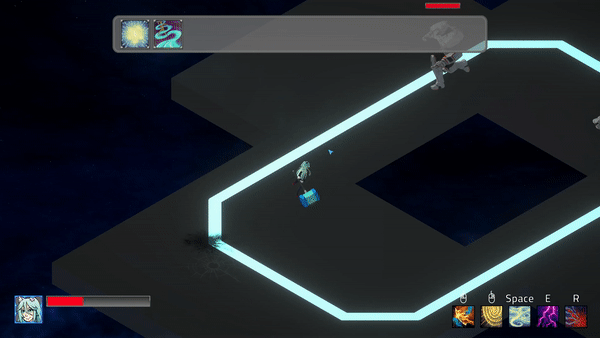
HyperScape is a roguelike action RPG that I've been building in Unity on my own time over the course of five months. The game features smooth and satisfying combat, a variety of intricately synergistic items and skills, as well as a suite of levels and enemies.
HyperScape is built on an ultra-modular system that allows even the most complex game components to be built entirely in the Unity Editor using the Odin Inspector - no code required.
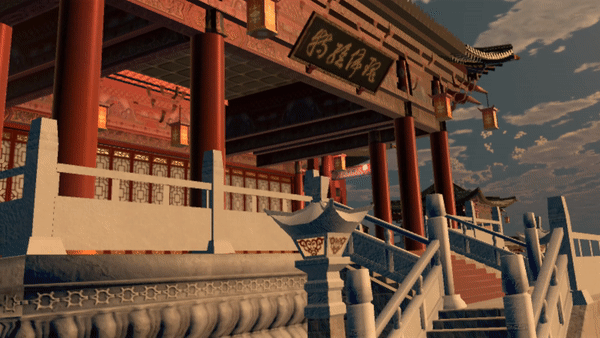
Moment is a 20-week group project I worked on in collaboration with Meta Reality Labs in CS210, Stanford's two-quarter "Projects with Corporate Partners" class. Our goal was to take the premise of a 'VR history museum' and infuse it with features that would increase player engagement.
I was responsible for building the Unity prototype, which gives users a camera that can replicate artifacts it takes photos of, and their own personal museum that they can curate by framing up pictures and displaying those artifacts.
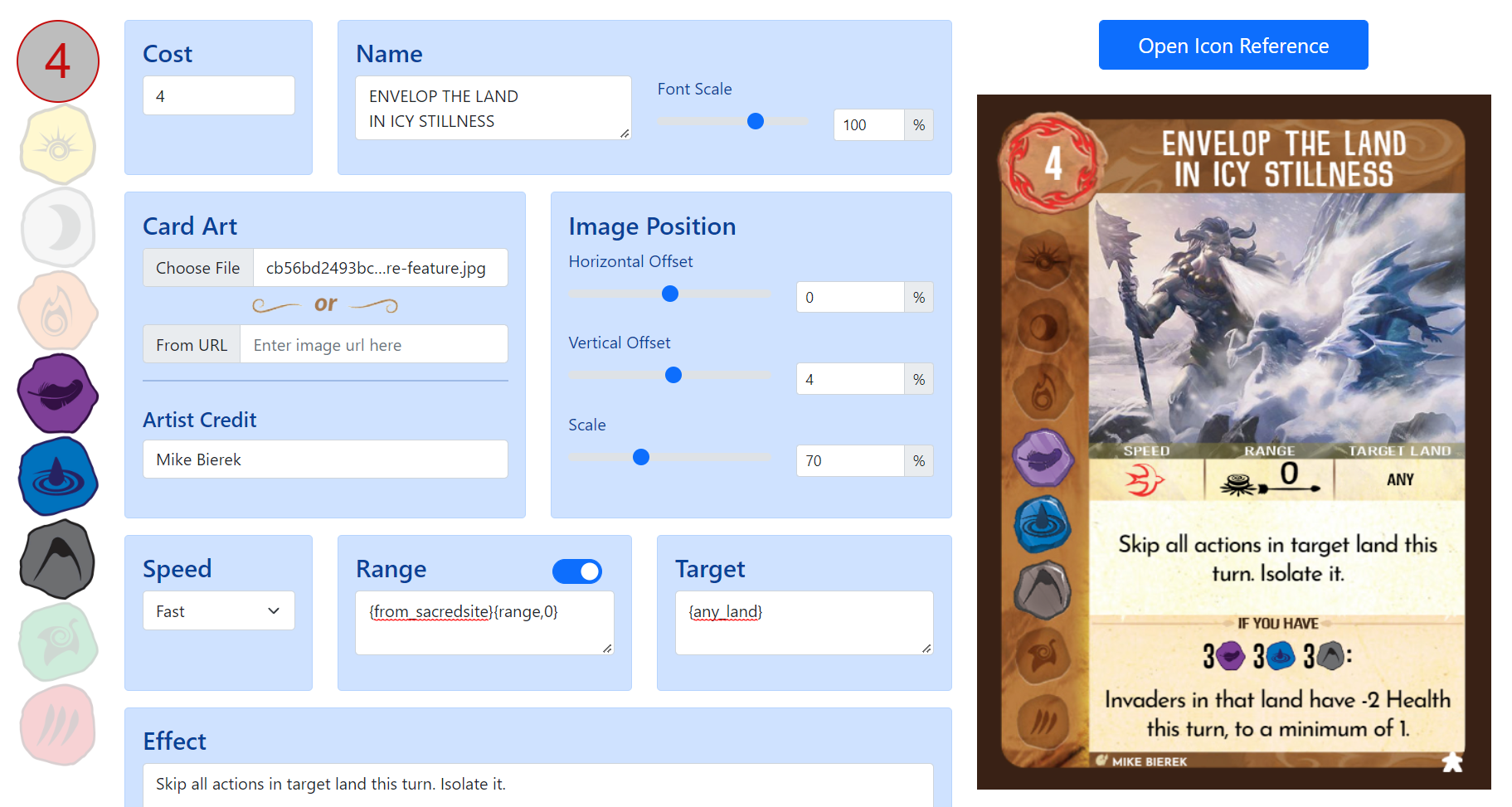
As a game designer, I enjoy making my own add-ons to games that I play. Spirit Island is a board game I've always found deeply inspiring, however, the only way to make custom cards was to edit images in Photoshop by hand - an agonizingly time-consuming process.
So, I teamed up with a friend to build SpiritForge, a streamlined webapp built on ReactJS that speeds up card-making from hours to just minutes. SpiritForge was met with an enthusiastic response from the community, as well as recognition from the game's designer!
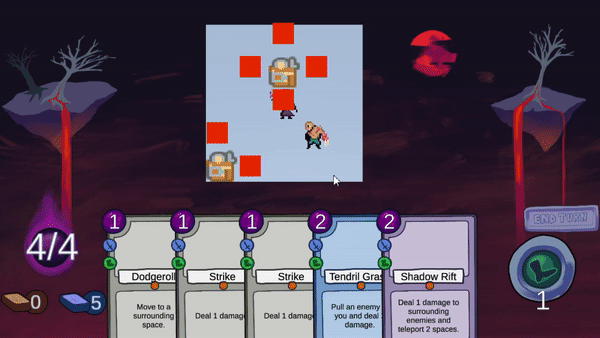
I built Voidheart on a small team as part of a Unity game development independent study class at Stanford. The game is a strategic deckbuilding roguelike inspired by games like Slay the Spire and Into the Breach where the cards you play move and damage units on a grid.
We used an entity-component system to communicate the interactions between the cards and the grid, and to allow us to implement cards with more nuanced effects. I was primarily responsible for building the card mechanics - drawing, playing, targeting, etc.
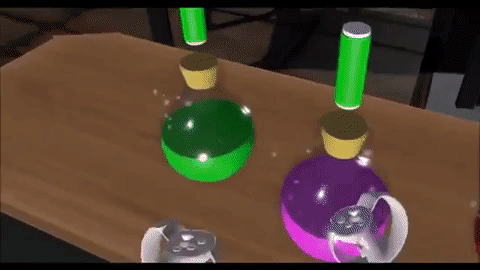
Equivalent Exchange is a VR game that I built in Unity over the course of four weeks at Make School Summer Academy 2017. In this game, you mix together ingredients to brew potions, and use their magical effects to defend your castle. Each potion has a unique effect, enabling a variety of different strategies and combinations. The game won First Place for 'Best VR Game' in the program.